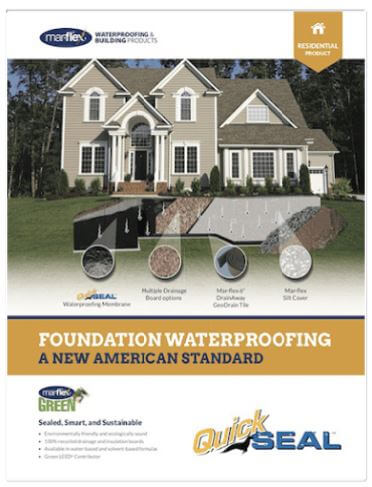 Basement mold is a common issue for homes that have damp, dark basements. Mold is a fungus, which grows quickly in moist, humid areas. Once it establishes its presence in your basement, this problem is difficult to get rid of. It can even cause serious health issues like asthma, infections, cough, rashes, congestion, and allergies. The best way to prevent mold growth is to control humidity and moisture in your basement.
Basement mold is a common issue for homes that have damp, dark basements. Mold is a fungus, which grows quickly in moist, humid areas. Once it establishes its presence in your basement, this problem is difficult to get rid of. It can even cause serious health issues like asthma, infections, cough, rashes, congestion, and allergies. The best way to prevent mold growth is to control humidity and moisture in your basement.
The first step in controlling mold is to monitor the humidity levels of your basement. High humidity levels provide the perfect growing environment for mold. You must ensure that humidity levels within your home, especially the basement, are at an acceptable level. You can use a hygrometer to measure humidity levels, and a percentage of 45 or more is high, and conducive to mold growth.
The next step is to use a dehumidifier. If you detect high moisture levels in the basement, invest in a good quality dehumidifier. This appliance is extremely effective in keeping humidity levels at acceptable levels.
Another good idea is to avoid growing plants indoors. Plants grown in the basement provide a good diet for mold and mildew. Only grow plants in sunny, airy locations in your home. Avoid the basement for any plant growing, because cultivation in this area will add to your mold problems.
Always try to reduce congestion in your basement. Keeping your basement free of clutter will go far in the fight against mold saturation. Too many objects and storage items block the free flow of air, and reduce ventilation. Items such as clothes and books stored in the basement provide food for mold and allow it to thrive. If you don’t have an option, store minimal quantities of such items, away from direct contact with the floor or walls.
You should always avoid storing wood in your basement. Wood is another ideal habitat for mold to grow in. Never store wood in any area that isn’t open and well ventilated.
Also, you should ensure that water is directed away from your home. The boundary around your home must be sloped in such a way that snow and rain are directed away from the house. If not, water and moisture will pool around the structure, and increase moisture and leakage problems. In such a situation, mold is almost inevitable.
If you find a leak in your basement, whether from heavy rain or leaking appliance, you should take care of it immediately. Wipe the water from the area and dry it thoroughly, then use a dehumidifier and heater to accelerate the drying process. Also, investigate the requirement of further insulation for your walls.
Cold water pipes in the basement show condensation on the exterior, so they should be insulated. Insulating such pipes reduces the humidity levels in your basement. Thus preventing mold and mildew from having another source of moisture that is needed to grow.
When you are trying to prevent mold, air out stale, humid air and allow the intake of fresh air with the use of an exhaust fan. Try to open doors and windows to the basement regularly.
Avoid drying wet clothes in the basement, preventing the propagation of moisture. Make sure appliances such as dryers, stoves, heaters, and air conditioners exhaust to the outside, or else the humidity can rise significantly. Avoid carpets and wood flooring in the basement.
If you follow these simple rules, you’ll greatly reduce the chance of mold propagation in your structure.
